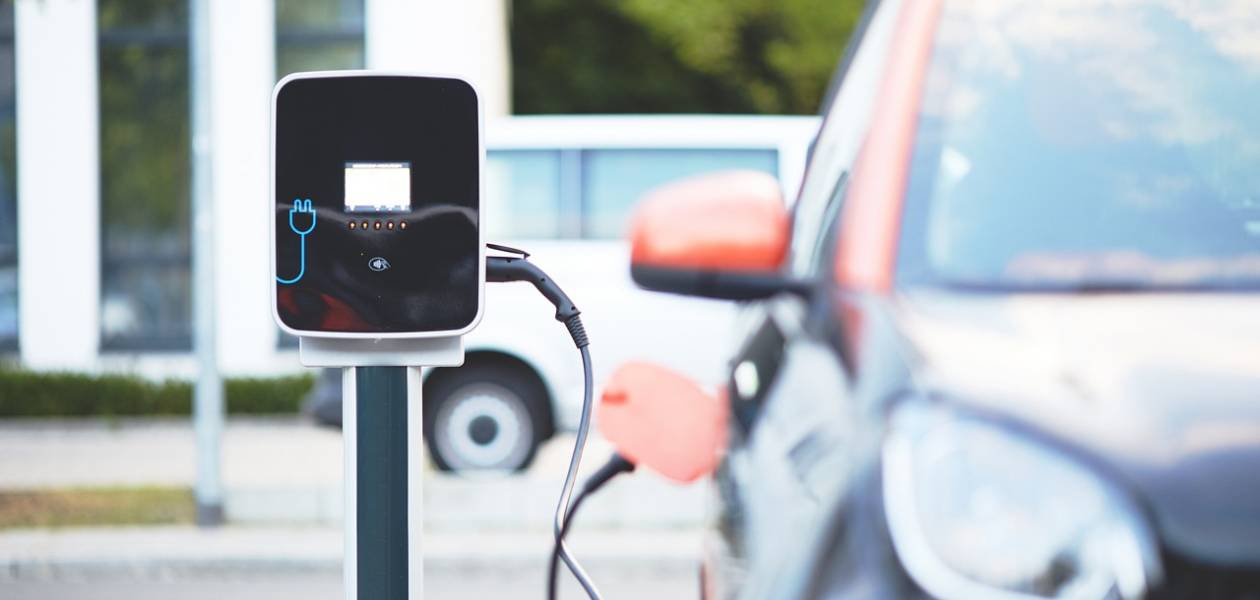
- As the clean energy transition accelerates, it must prioritize the needs and well-being of people, especially those most vulnerable to the impacts of climate change and energy poverty.
- A holistic approach is required that considers environmental objectives and social and economic dimensions.
- A new report by the World Economic Forum, Fostering Effective Energy Transition 2024, highlights the need for stronger analytical frameworks and metrics to operationalize energy equity and guide investment and policy decisions that shape the transition.
While much slower than is necessary, energy systems worldwide are beginning to change. New clean energy technologies are expanding their presence and impact, in some cases significantly. In 2023, almost one in every three new cars sold in Europe was electric and that number is approaching one in two in China. Heat pump sales saw huge growth following the recent energy crisis and now represent one of the most deployed home heating solutions, overtaking fossil fuel-based systems in several countries. In these ways and many others, people are beginning to experience clean energy transitions in their communities.
As this transition accelerates – and it will – it is imperative that equity and inclusivity are central considerations for policymaking. Clean energy transitions must prioritize the needs and well-being of people, particularly those who are most in need and most vulnerable to the impacts of climate change and energy poverty. This requires a holistic approach that considers environmental objectives and social and economic dimensions.
Clean energy is life-enhancing
All clean energy transition policies are ultimately about enhancing people’s lives – reducing their energy bills, increasing their comfort, providing decent jobs or simply avoiding the worst impacts of climate change. The best policies intentionally recognize these benefits and are designed to maximize them while ensuring a fair distribution of these benefits and costs.
As an example, the spectacular growth in EVs has been underpinned in many countries by generous subsidies. Who benefits from these subsidies? In France, for example, lower-income applicants receive considerably higher subsidies, making the additional cost of an EV relative to income about the same across society. However, only certain segments of society will ever buy a new car, let alone a new EV. India focuses its subsidies on electric two- and three-wheel vehicles, used by a much wider cohort. Many countries also recognize sustainable mobility solutions well beyond cars, investing and supporting them accordingly.
Understanding the distributional effects of clean energy policies means measuring them. As the IEA develops its analysis on this issue, it is striking how rare it is for clean energy policies to have well-defined metrics in place or for data to be collected regarding who is impacted and how. Metrics and indicators are essential tools for analyzing the distributional effects and social impacts of clean energy policies – particularly at the household, community and national levels.
Instead of solely relying on aggregate indicators, policies would benefit from more nuanced metrics that assess impacts across income brackets, geographic regions and demographic groups. These metrics can help policy-makers identify knowledge gaps, track progress and make better-informed decisions.
People-centred clean energy transitions
The International Energy Agency (IEA) coined the term “people-centred clean energy transitions” to encompass all dimensions of how people experience and participate in the transformation of the global energy system. This is defined across four key thematic areas: decent jobs and worker protection; social and economic development; equality, social inclusion and fairness; and engaging people as active participants. This last one is no less important than the others, in fact, in many ways, it is the key to achieving them all. By engaging with affected communities and incorporating diverse perspectives, clean energy policies that are responsive to the needs of all segments of society can be well designed.
Inclusive processes for policy-making can enhance their distributional patterns and, of course, build wider public support for such policies. The risks associated with policies made without a focus on the social dimensions and on ensuring their acceptance are high.
A people-centred approach recognizes the importance of putting people first in planning and policy-making for clean energy transitions. These are not just words. It will require innovative, focused policy design and implementation. Real community involvement takes time, effort and skill. Good data collection and metrics require significant investment and infrastructure over years. Measuring social outcomes is not the same as measuring kilowatt-hours or tonnes of emissions, but without such a focus, how can clean energy be truly people-centred?
Article written by :
Brian Motherway - Head of Energy Efficiency, International Energy Agency
- World Economic Forum
Posted on 2024-06-20 15:43








Comments